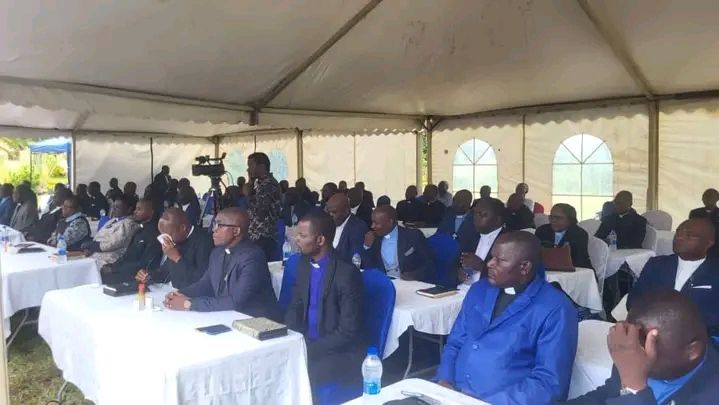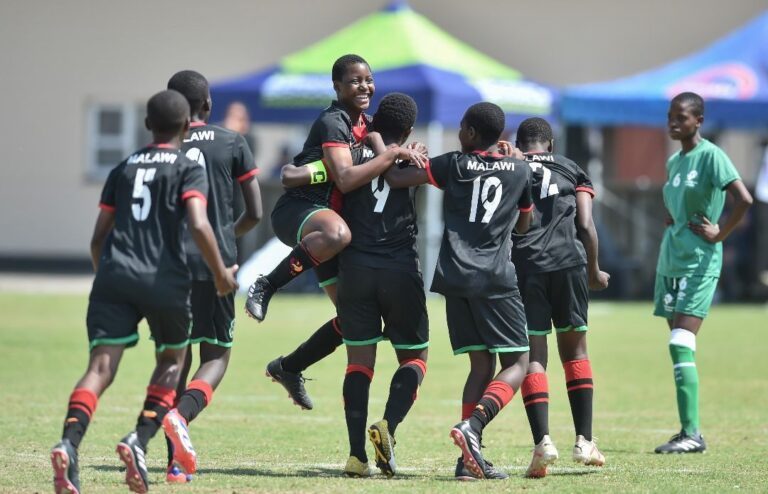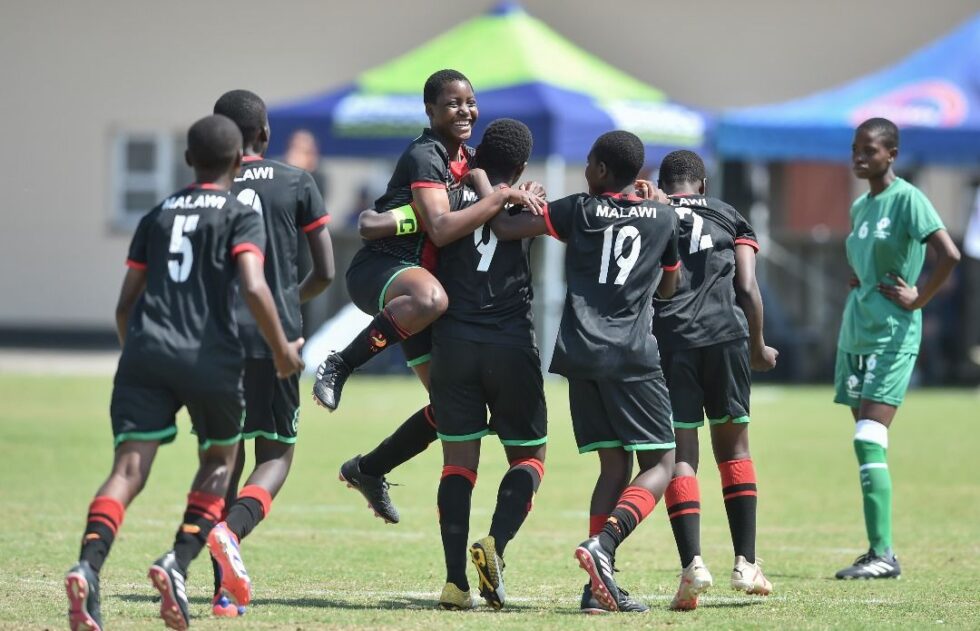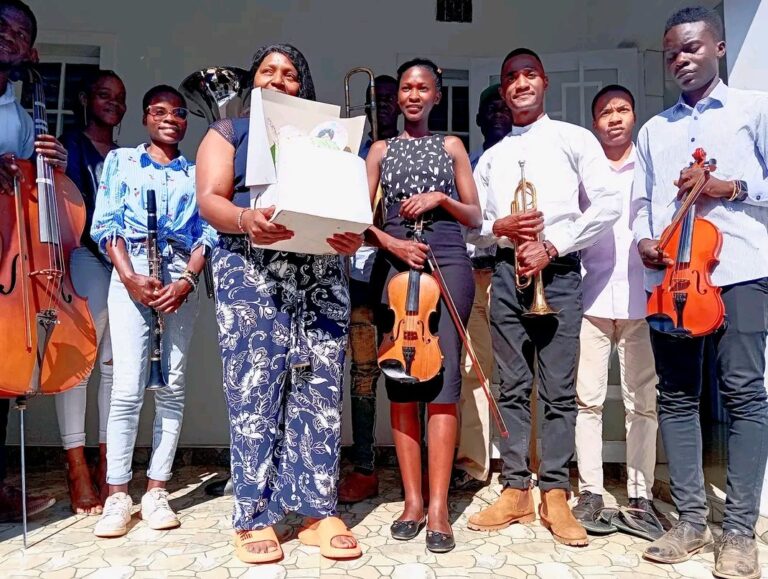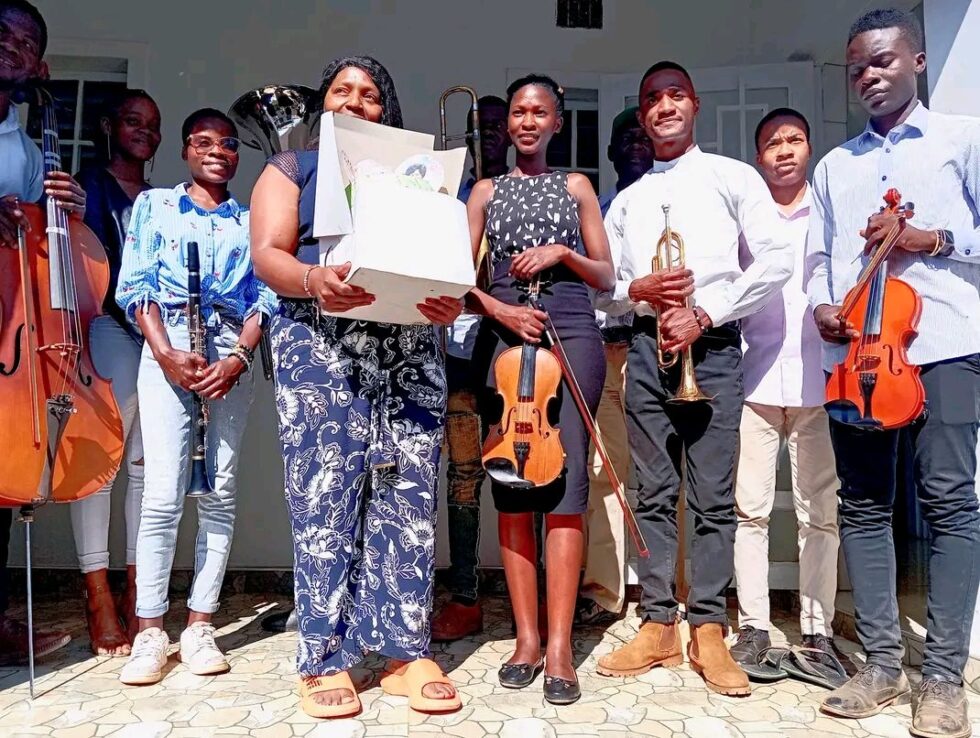By Jones Gadama
In a bid to promote and develop netball in the country, Mukuru Malawi, an international money transfer company, has unveiled a K675 million three-year sponsorship deal for the Under-21 national netball team and the Under-21 national netball league.
The partnership was unveiled during a ceremony at Sunbird Mount Soche in Blantyre, with the Netball Association of Malawi (NAM) as the beneficiary.
Speaking during the partnership unveiling ceremony, Pride Chiwaya, country manager for Mukuru Malawi, expressed the company’s excitement in partnering with NAM to promote netball in the country.
“We are excited with the future we are building through this partnership. Mukuru will be with netball every step of the way,” Chiwaya said. He added that the company is committed to supporting the development of netball in Malawi and is looking forward to working closely with NAM to achieve this goal.

Vitumbiko Gubuduza, president of NAM, expressed gratitude to Mukuru Malawi for the generous support. “We are grateful to Mukuru Malawi for this generous support. This partnership will go a long way in promoting and developing netball in the country,” Gubuduza said. He added that NAM is committed to working closely with Mukuru Malawi to ensure that the partnership achieves its objectives.
The sponsorship deal, which will run for three years, will see Mukuru Malawi providing financial support to NAM to develop the Under-21 national netball team and the Under-21 national netball league. The deal is part of Mukuru Malawi’s efforts to promote sports development in the country and to give back to the community.
The Under-21 national netball team has been in existence for several years, but has struggled to attract significant sponsorship.
The team has participated in several international tournaments, including the African Netball Championships, but has not had the financial resources to compete effectively with other teams.
The Under-21 national netball league, on the other hand, is a relatively new competition that was introduced by NAM to promote the development of netball in the country.
The league has attracted several teams from across the country, but has struggled to attract significant sponsorship.
The partnership between Mukuru Malawi and NAM is expected to have a significant impact on the development of netball in the country.
The financial support provided by Mukuru Malawi will enable NAM to develop the Under-21 national netball team and the Under-21 national netball league, which will in turn promote the development of netball in the country.
The partnership will also provide an opportunity for Mukuru Malawi to promote its brand in the sports sector.
The company’s logo will be featured prominently in all NAM events, including the Under-21 national netball team and the Under-21 national netball league.
The unveiling of the partnership is a significant milestone for NAM, which has been struggling to attract significant sponsorship for its events.
The association has been relying on limited funding from the government and other stakeholders to promote and develop netball in the country.
The partnership between Mukuru Malawi and NAM is also expected to attract other sponsors to the sports sector.
The deal is a demonstration of the potential for private sector companies to support sports development in the country.
In his remarks, Chiwaya said that Mukuru Malawi is committed to supporting the development of sports in the country.
“We believe that sports has the power to bring people together and to promote development in our communities,” Chiwaya said. He added that the company is looking forward to working closely with NAM to promote netball in the country.
Gubuduza, on the other hand, said that NAM is committed to working closely with Mukuru Malawi to ensure that the partnership achieves its objectives.
“We are excited about this partnership and we are looking forward to working closely with Mukuru Malawi to promote netball in the country,” Gubuduza said.
The partnership between Mukuru Malawi and NAM is a significant development for the sports sector in the country.
The deal demonstrates the potential for private sector companies to support sports development in the country and provides a model for other companies to follow.
The unveiling of the partnership between Mukuru Malawi and NAM is a significant milestone for the development of netball in the country.
The financial support provided by Mukuru Malawi will enable NAM to develop the Under-21 national netball team and the Under-21 national netball league, which will in turn promote the development of netball in the country.
The partnership is also expected to attract other sponsors to the sports sector and provides a model for other companies to follow.
With the support of Mukuru Malawi, NAM is confident that it can take netball in the country to the next level.



